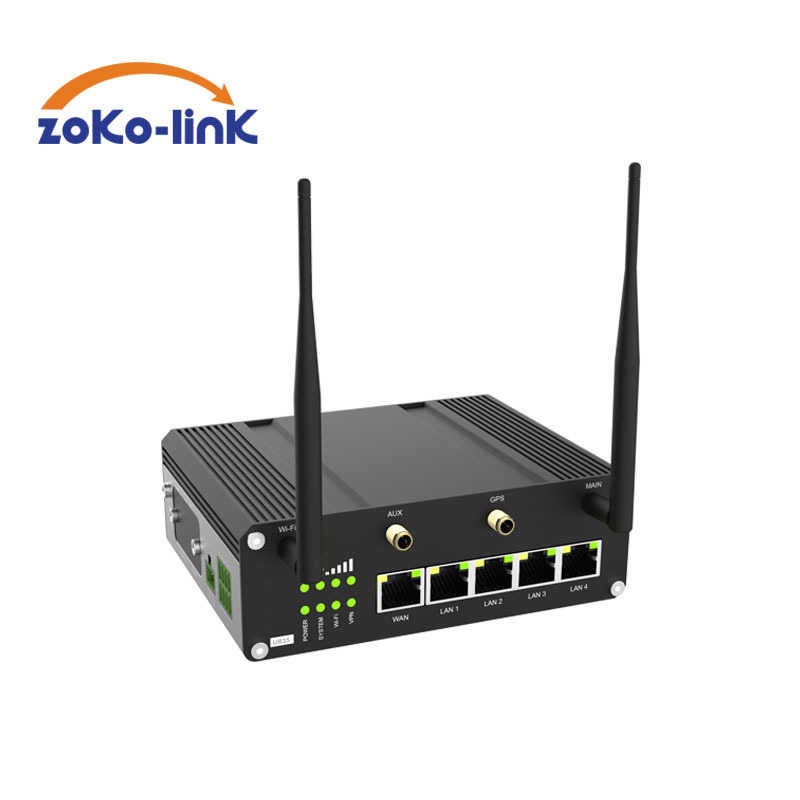

— Blogs —
—Products—
 Consumer hotline +8618073152920
Consumer hotline +8618073152920 WhatsApp:+8615367865107
Address:Room 102, District D, Houhu Industrial Park, Yuelu District, Changsha City, Hunan Province, China
Product knowledge
Time:2021-12-29 21:41:39 Popularity:816
What are the functions of the 4g gprs dtu module GPRS DTU application environment
GPRS DTU is the full name of GPRS data transmission unit. At present, there is actually a clearer agreement on GPRS DTU in China: GPRS DTU is a GPRS wireless device specially used to transmit serial port data through GPRS network.
The more professional GPRS DTU also provides some extended functions, mainly including: support for data center domain name resolution, support for remote parameter configuration/remote firmware upgrade, support for remote SMS/phone wake-up, support for local serial port firmware upgrade, provide SMS channel, and provide DTU online/ Offline level indication, etc. These extended functions can enhance the reliability of the wireless transmission module system, and facilitate the use and maintenance of users.

1) Only wireless communication environment can be used on site
When the equipment at the data collection site needs to work in motion, or the collection site is in the field, it cannot provide a wired communication environment. At this time, the use of GPRS wireless network may be a good choice, because the coverage of GPRS network is already very high, and most areas of the country have GPRS signal coverage.
2) The transmission distance of the field terminal is scattered
Because the GPRS network is a public network covering the whole country, a major advantage of using GPRS to transmit data is that the on-site collection points can be stepped across the country, and the distance between the data center and the on-site collection points is not limited. Wireless public network communication (including GPRS/CDMA network, 3G network, etc.) is a very significant advantage that cannot be achieved by dedicated wireless communication networks (such as digital radio, WiMax, WLAN, etc.).
3) Appropriate data real-time requirements
The current GPRS network has a delay of data transmission in the range of seconds. In most of the time, the average overall delay of GPRS data communication is about 2 seconds. In other words, the data packet sent from the GPRS DTU will arrive at the data center approximately in 2 seconds. Conversely, the data packet from the data also arrives at the GPRS DTU approximately 2 seconds later.
In general, the real-time nature of GPRS can meet the requirements of most industry applications. However, for some specific application systems, if the average delay of about 2 seconds cannot be sustained, then the GPRS communication method may not be suitable. (In addition, the transmission delay of the CDMA network is also about 1 second to 2 seconds).
From another perspective, if the system we want to design wants to transmit data through the GPRS network, then we must consider this delay when designing the communication protocol.
4) Appropriate data communication rate
The data communication rate between GPRS DTU and the data center is generally between 10kbps-60kbps. In other words, GPRS DTU can continuously send data to the center at a speed of 10bps-60kbps, and vice versa. (Supplementary note: The average data communication rate of domestic CDMA networks can reach about 40kbps-90kbps).
Related recommendations
Sensors & Weather Stations Catalog
Agriculture Sensors and Weather Stations Catalog-NiuBoL.pdf
Weather Stations Catalog-NiuBoL.pdf
Related products
 Combined air temperature and relative humidity sensor
Combined air temperature and relative humidity sensor Soil Moisture Temperature sensor for irrigation
Soil Moisture Temperature sensor for irrigation Soil pH sensor RS485 soil Testing instrument soil ph meter for agriculture
Soil pH sensor RS485 soil Testing instrument soil ph meter for agriculture Wind Speed sensor Output Modbus/RS485/Analog/0-5V/4-20mA
Wind Speed sensor Output Modbus/RS485/Analog/0-5V/4-20mA Tipping bucket rain gauge for weather monitoring auto rainfall sensor RS485/Outdoor/stainless steel
Tipping bucket rain gauge for weather monitoring auto rainfall sensor RS485/Outdoor/stainless steel Pyranometer Solar Radiation Sensor 4-20mA/RS485
Pyranometer Solar Radiation Sensor 4-20mA/RS485
Screenshot, WhatsApp to identify the QR code
WhatsApp number:+8615367865107
(Click on WhatsApp to copy and add friends)